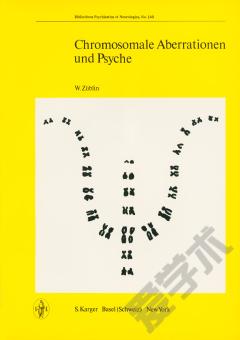Shrews, Chromosomes and Speciation
The chromosome complement (karyotype) often differs between related mammalian species (including humans vs chimpanzees), such that evolutionary biologists muse whether chromosomal difference is a cause or a consequence of speciation. The common shrew is an excellent model to investigate this problem because of its many geographical races (potential species) differing chromosomally, and its several sibling species (recently speciated forms) that are also chromosomally different. This system is an exceptional opportunity to investigate the role of chromosomes in speciation and this volume reflects detailed research following these approaches. Highlights include the demonstration that chromosomal re-arrangements can be associated with complete loss of gene flow and thus speciation and that selection within species hybrid zones may lead to de-speciation rather than speciation.
{{comment.content}}








 京公网安备 11010802027623号
京公网安备 11010802027623号